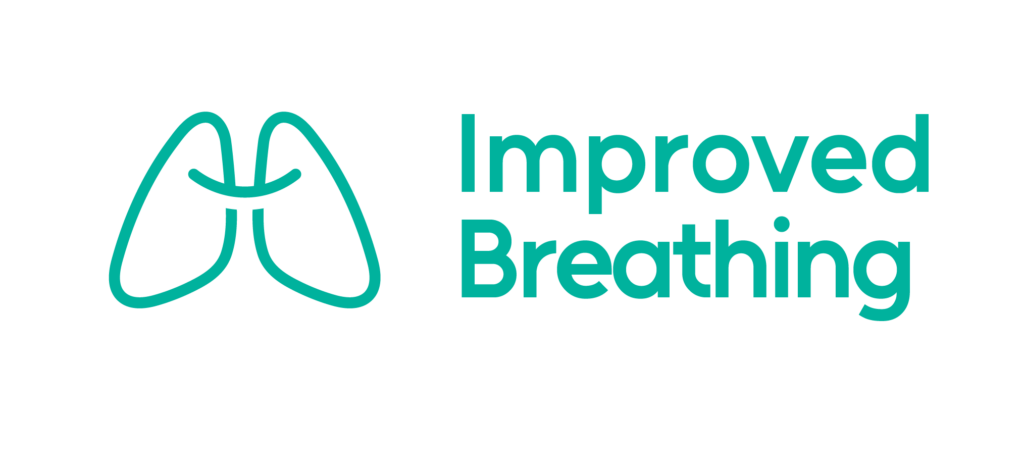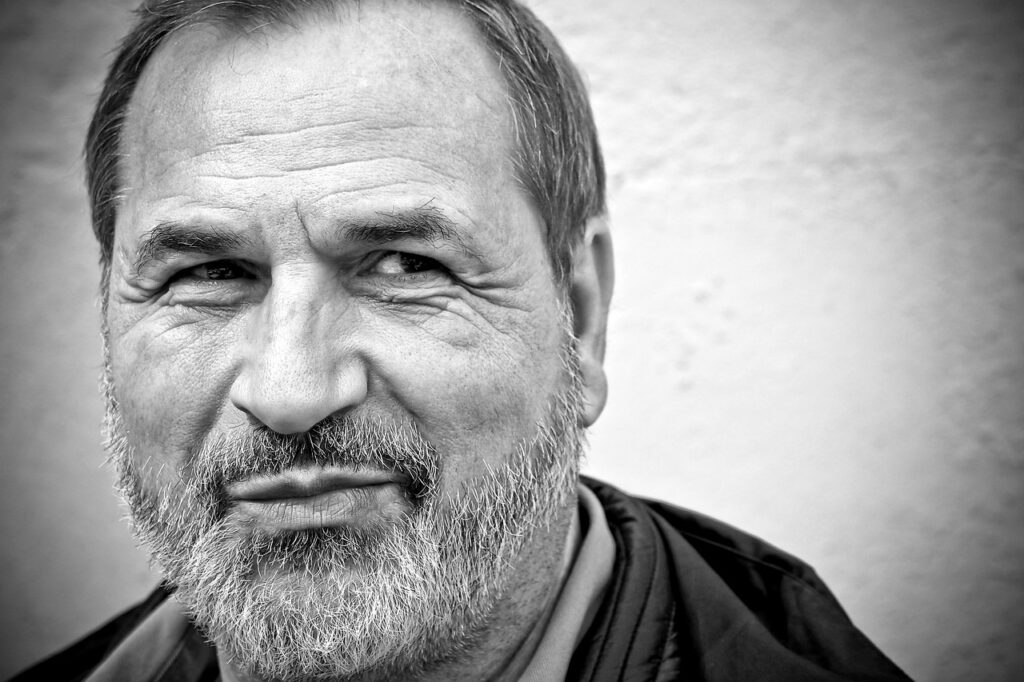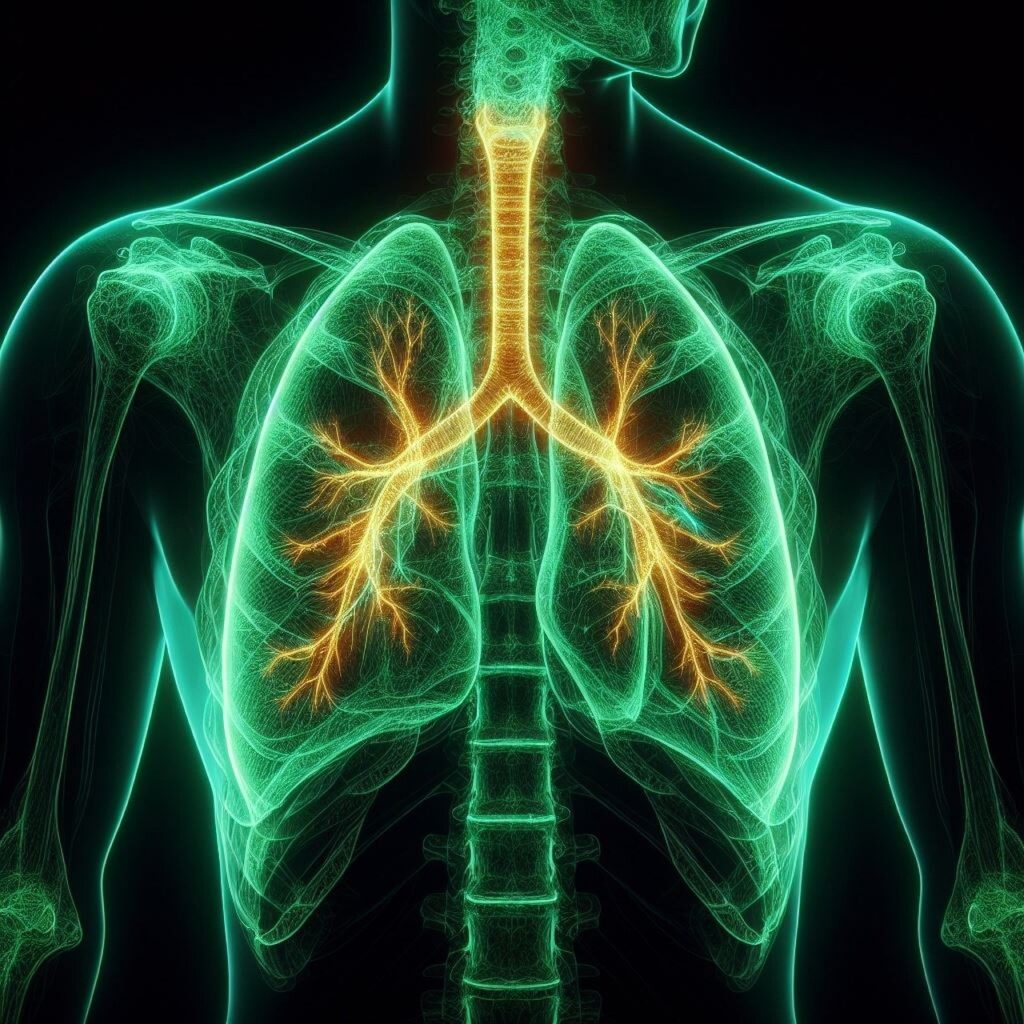Smoking is a habit that millions of people worldwide struggle with, despite its well-documented health risks. In this comprehensive exploration, we’ll take a deep dive into the timeline of how smoking affects your lungs, from the very first puff to years of continued use. Understanding this progression can be a powerful motivator for those considering quitting and a stark reminder of the importance of lung health for everyone.
Immediate Effects (Within Seconds to Minutes)
The impact of smoking on your lungs begins the moment you inhale cigarette smoke:
- 0-10 seconds: As soon as smoke enters your lungs, it starts irritating the delicate tissues of your airways and alveoli (air sacs). This irritation can cause immediate inflammation and constriction of the bronchial tubes.
- 20 seconds: Your heart rate increases as nicotine enters your bloodstream. This puts additional stress on your cardiovascular system, which is closely linked to your respiratory system.
- 2 minutes: Your blood pressure rises, further straining your heart and blood vessels. This can lead to reduced oxygen supply to your lungs and other organs.
These immediate effects might seem minor, but they set the stage for more serious long-term damage.
Short-Term Effects (Hours to Days)
As you continue to smoke, the effects on your lungs become more pronounced:
- 24 hours: Your lungs begin to react more strongly to the constant irritation. Excess mucus may start to form as your lungs attempt to clear out the toxins introduced by cigarette smoke. This can lead to the infamous “smoker’s cough” as your body tries to expel this excess mucus.
- 48 hours: A remarkable thing begins to happen – your body starts to heal itself. Your sense of taste and smell may start to improve as nerve endings begin to recover from the constant assault of cigarette smoke. This is often one of the first positive changes smokers notice when they quit.
- 72 hours: Breathing becomes noticeably easier. The bronchial tubes, which had been constricted by smoke and irritation, start to relax. Many people report feeling more energetic at this stage, as their bodies can now use oxygen more efficiently.
During this period, you might also notice that any smoking-related headaches or dizziness start to subside as your body adjusts to the absence of nicotine and other harmful chemicals.
Medium-Term Effects (Weeks to Months)
As you progress from days to weeks without smoking, more significant changes occur:
- 1-9 months: This is where the real transformation begins. Coughing and shortness of breath decrease markedly. The tiny hair-like structures in your lungs called cilia start to regain normal function. These cilia are crucial for lung health as they help to handle mucus, clean the lungs, and reduce the risk of infection. During this period, you might notice:
- Improved lung capacity, making physical activities easier
- Reduced frequency and severity of respiratory infections
- Decreased inflammation in your lung tissues
Long-Term Effects (1-10 Years)
The benefits of quitting smoking continue to accrue over years:
- 1 year: By this point, your risk of coronary heart disease is about half that of a smoker’s. This is significant because heart disease is closely linked to lung function. As your heart becomes healthier, it can more efficiently pump oxygen-rich blood throughout your body, further improving your overall lung function.
- 5 years: The improvements continue. Your risk of cancers of the mouth, throat, and esophagus is cut in half. Moreover, your stroke risk is reduced to that of a non-smoker. These changes reflect the ongoing healing and regeneration of cells throughout your respiratory system.
- 10 years: This is a major milestone. Your risk of lung cancer falls to about half that of a smoker. The risk of other smoking-related cancers also decreases significantly. Your lungs have undergone a remarkable transformation, with many of the pre-cancerous cells being replaced by healthy ones.
During these years, you might notice:
- Significantly improved endurance and reduced fatigue during physical activities
- A dramatic reduction in respiratory symptoms like wheezing, coughing, and shortness of breath
- Improved overall quality of life as your lung function continues to improve
Permanent Effects and Ongoing Risks
While the body has an incredible capacity to heal, it’s important to acknowledge that some damage from smoking can be permanent:
- Emphysema: This condition involves permanent enlargement of the air spaces in the lungs, reducing the surface area available for gas exchange. While quitting smoking can halt the progression of emphysema, the structural changes to the lungs are irreversible.
- Chronic Bronchitis: The ongoing inflammation of the bronchial tubes can lead to permanent changes in the lung structure. Even after quitting, some people may continue to experience symptoms, although they typically become less severe over time.
- Lung Cancer: While the risk of lung cancer decreases substantially after quitting, some risk remains. This is because some of the genetic damage caused by smoking can persist in lung cells.
It’s crucial to understand that these permanent effects don’t mean quitting is futile. On the contrary, quitting smoking at any stage can halt further damage and allow your body to begin healing to the extent possible.
The Healing Process and Variability
It’s important to note that the timeline of effects and recovery can vary from person to person. Factors that can influence this include:
- The duration and intensity of smoking history
- Individual genetic factors
- Overall health and lifestyle choices
- Exposure to other lung irritants (e.g., air pollution, occupational hazards)
Some people might experience faster improvements, while others might take longer to see significant changes. Regardless of individual variations, the overall trend is clear: quitting smoking leads to substantial improvements in lung health over time.
Conclusion
The effects of smoking on your lungs begin immediately and can last a lifetime. From the first puff that irritates your airways to the long-term risks of chronic diseases and cancer, smoking takes a severe toll on your respiratory health. However, the human body has a remarkable capacity for healing, and quitting smoking at any stage can halt the damage and allow your body to begin recovering.
If you’re a smoker, consider this timeline as motivation to quit. Every cigarette not smoked is a step towards better lung health. If you’re thinking about quitting, remember that you don’t have to do it alone. Consult with a healthcare professional who can provide guidance, support, and resources throughout your journey to better lung health.
For those who have never smoked, this information serves as a powerful reminder of the importance of protecting your lung health. Whether it’s avoiding secondhand smoke, using appropriate protective equipment in hazardous environments, or simply appreciating each clean, easy breath, lung health is a precious asset that deserves our attention and care.
Remember, every breath is a gift, and taking care of your lungs is one of the best investments you can make in your long-term health and well-being.













